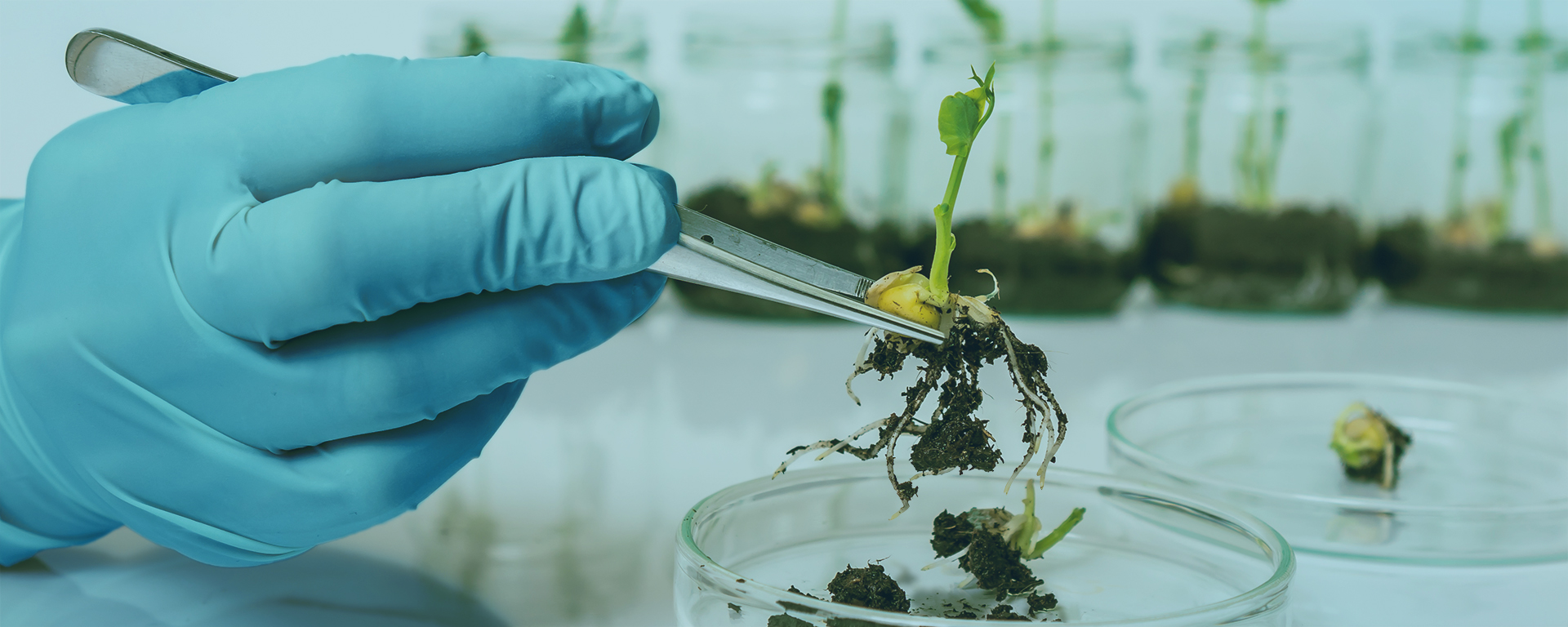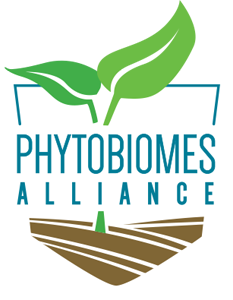
MASTER – Microbiome Applications for Sustainable food systems through Technologies and EnteRprise
Project supported by the Phytobiomes Alliance
Funded by
European Union’s Horizon 2020 Research and Innovation Programme
Duration
4 years
Dates
2 January 2019 - 1st January 2023

Project Overview
The MASTER project addresses a significant challenge within the ‘LC-SFS-03-2018: Microbiome applications for sustainable food systems’ by virtue of its relevance to microbiomes along the entire food chain, yielding outputs of commercial relevance across many products and processes areas.
The overall aim of the proposed MASTER project is to take a global approach to the development of concrete microbiome products (strains, strain mixtures, modulators, kits), foods/feeds, services (bioinformatics analysis, HTS) or processes (standard operating procedures, fermentations, testing in real-time of all microbes in a sample,) with high commercial potential, which will benefit society through improving the quantity, quality and safety of food, across multiple food chains, to include marine, plant, soil, rumen, meat, brewing, fruit and vegetable waste, and fermented foods. This will be achieved through mining microbiome data relating to the food chain, developing big data management tools to identify inter-relations between microbiomes across food chains, and generating applications which promote sustainability, circularity and contribute to waste management and climate change mitigation.
We will harness microbiome knowledge to significantly enhance the health and resilience of fish, plants, soil, animals and humans. Through applying cross-sectorial and transdisciplinary expertise, we will provide capacity building and training to improve professional skills and competencies, and support the creation of new jobs in the food sector and the bioeconomy.
Objectives
The specific objectives of the MASTER Innovation Action are to:
- Develop microbiome-based solutions for improving important traits of fodder crops (grass and maize) and employ microbiome-based diagnostics (that can be used in real time by food operators) to improve primary production of these crops.
- Develop microbiome-based solutions to increase bioavailability of sustainable feeds for enhanced fish growth and employ microbiome-based diagnostics (that can be used in real time by food operators) to assess fish health and detect pathogens.
- Target the rumen microbiome (increased feed efficiency, reduce methane emissions) by utilising host genomics and novel feeding technologies to beneficially alter the rumen microbiome and to develop technologies to monitor microbiome markers and other tools and models which predict ruminant phenotype (characteristics).
- Optimize fermented food microbes and processes to add to the value and health-promoting properties of substrates, including those resulting from waste streams.
- Contribute to the design of novel functional foods on the basis of the study of available data on food/human gut microbiome inter-relationship and provide effective tools to test the potential of food ingredients to move the gut microbiota away from dysbiosis to that reflective of healthy individuals.
- Develop, optimize, standardize and validate technologies, as well as software tools and targeted reference databases for microbiome analysis and pathogen detection in foods and to map the microbiome of food producing facilities.
- Develop long-term databases, tools and resources supporting the food-chain industry after the end of the project.
- Promote an understanding of, engagement and interest in, microbiome-related applications for the food industry through communication and engaging with diverse end-users, informed by Social Sciences and Humanities (SSH) knowledge.
- Create a clear knowledge exchange plan between all MASTER participants, developing mutual specialisation, standard operational procedures, supporting management and training, thus strengthening the complementarity and trans-disciplinarity of the partners.
- Bring to market new and cost-effective commercial applications to assist different stages and processes throughout the food chains, by 2025 and, in the process, move available solutions from TRL (Technology Readiness Level) 5/6 to TRL 7*. (*TRL 5-technology validated in relevant environment; TRL 6-technology demonstrated in relevant environment; TRL7-system prototype demonstration in operational environment and beyond.)
